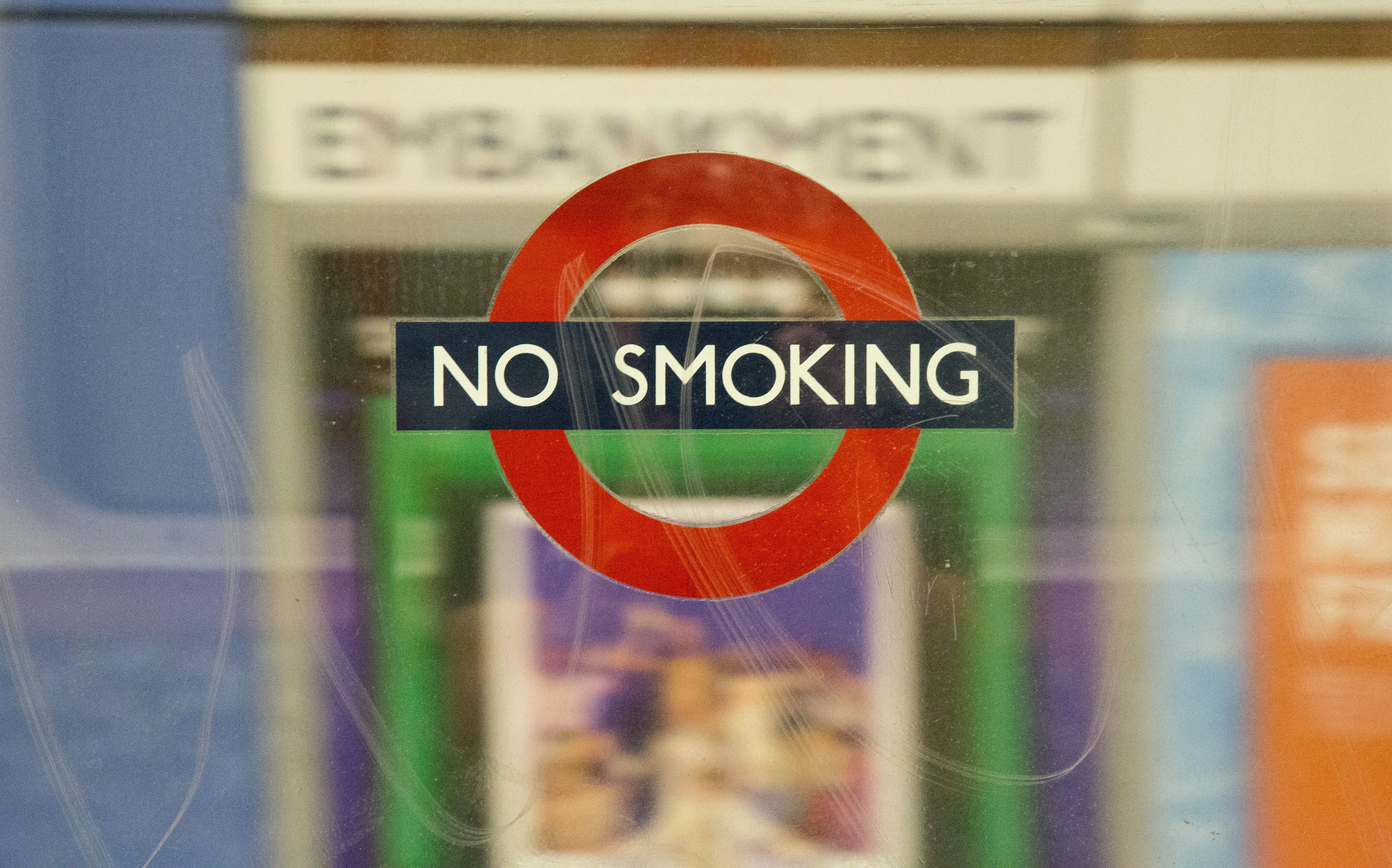Smoking and Cancer Blog - 4th August 2023

Published on 04 August 2023 08:00 AM
Did you know that smoking is the leading cause of cancer?
Smoking is the main cause of lung cancer here in the UK, responsible for more than 7 in 10 cases… but were you aware that the harmful chemicals in cigarette smoke affect not only our lungs but the entire body? There is a distinct link between smoking and cancer: evidence shows that smoking causes at least 15 different types of cancer, including bowel cancer, one of the most common types. This is because of the damage done to the cells around our whole body.
Contrary to belief, there is no such thing as a ‘safe’ level of smoking. ‘Light’, ‘occasional’ or ‘social smoking’ all raise your cancer risk, and all forms of tobacco – cigarettes, cigars, pipes, shisha and smokeless tobacco – are addictive and cause cancer. You can find out more about the harms of other forms of tobacco.
Smoking less than one cigarette a day increases the risk of early death, compared with those who have never smoked. Many people do not realise that they are actually putting themselves or family members at risk just by being around other smokers, without actively smoking themselves. Breathing in somebody else’s cigarette smoke - known as passive smoking - is still highly dangerous, especially for children.
It may come as a surprise that tobacco smoke releases more than 5000 chemicals, and a lot of these chemicals are damaging to your health. They can accumulate on clothes and other surfaces and remain in the air for hours afterwards – even with the windows open. So always ask any visitors to smoke outside and never let anybody smoke in the car. The majority of tobacco smoke cannot be seen, but circulates easily; this is especially true in cars, where second-hand smoke can reach exceptionally high levels because of the small, enclosed space. It is actually against the law to smoke in a vehicle with anyone under the age of 18 inside.
It may seem obvious, but the more cigarettes you smoke a day, the greater your risk of cancer – so cutting down on the number of daily cigarettes you is a really great place to start.
Even more impactful on cancer risk is the amount of years that you smoke, so your best way forward is to stop smoking altogether. “Easier said than done!” I hear you cry. But there is a lot of support out there within your grasp. Read these tips to help you stop smoking for good. It’s never too late to quit; studies show that your body starts to repair itself six hours after the last cigarette.
How exactly does smoking lead to cancer?
Poisons in tobacco smoke can damage or change a cell’s DNA. DNA is the cell’s ‘instruction manual’ that controls a cell’s normal growth and function. When DNA is damaged, a cell can begin growing out of control and create a cancer tumour. But did you also know that smoking can actually block your body from fighting cancer? Poisons in cigarette smoke can weaken the body’s immune system, making it more difficult to destroy cancer cells. When this happens, cancer cells continue growing without being stopped.
Signs of lung cancer to look out for:
- A persistent cough. Don’t ignore it or think you are wasting others’ time.
- Shortness of breath or wheezing.
- Recurring chest infections. Chest infections should not keep coming back.
- Coughing up blood. This is never normal and you should go straight to your doctor if this ever happens.
- Loss of appetite or unexplained weight loss.
- Difficulty swallowing or pain when swallowing.
If any of these symptoms are new for you or don’t go away, it’s crucial that you tell your doctor about it. If you have any doubts, don’t just ignore it or presume that it’s nothing to worry about – it is always better to be on the safe side and get things checked out because catching cancer early makes an immense difference.
Cally Palmer, NHS England’s National Cancer Director said: “We know for a fact most people who get diagnosed with lung cancer early go on to survive, so it is imperative that people are aware of the symptoms and come forward as quickly as possible.”
Help and Support
Although treatments are improving, lung cancer is still the leading cause of death in the UK and around the world. The very best thing you can do for your health and to reduce your cancer risk is to avoid smoking completely. If you do smoke, the next best thing you can do for your health and to lower your cancer risk is to quit. Research shows that you’re much more likely to stop smoking successfully with support, and there are many options available.
Remember, it is never too late to stop smoking and cut your risk of cancer. Everybody who smokes can benefit from stopping, even if you’ve smoked for several years. Speak to your doctor or pharmacist, free local stop-smoking service, or visit NHS Smokefree to get support on how to stop smoking for good.
Almost nine out of ten (88%) smokers state that they want to quit because of health concerns - additional support in Cornwall can be found on the Healthy Cornwall website.
That's it for us this week, we hope you have a wonderful week.
Photo by Lex Guerra on Unsplash
